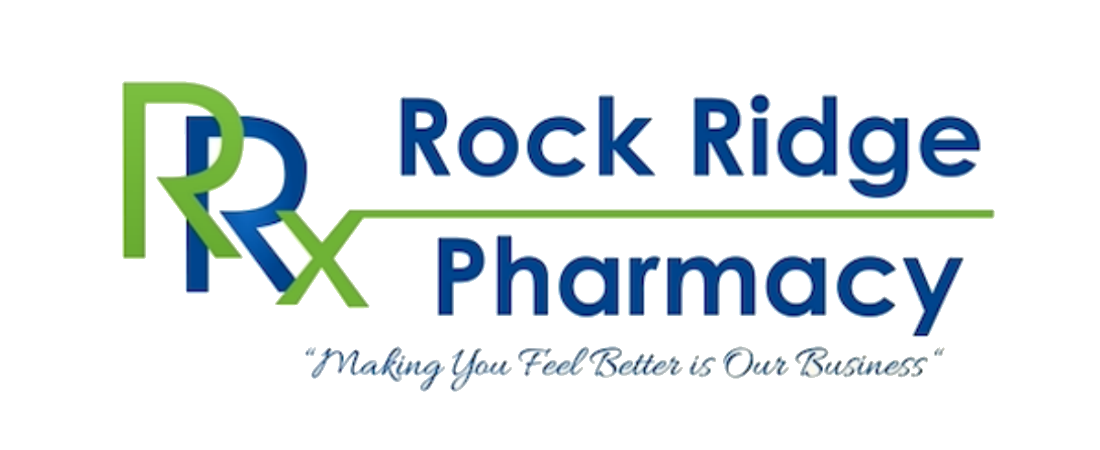Zinc is one of the most important minerals your body needs. It plays a role in immunity, wound healing, skin health, and even taste perception. But there’s one common side effect many people face after taking a zinc supplement: nausea.
If you’ve taken Zinc on an empty stomach and found yourself feeling queasy minutes later, you’re not imagining it. This side effect is real, and surprisingly common. The good news is that with the right habits, you can reduce nausea and still enjoy the benefits of this essential nutrient.
Let’s walk through five research-backed tips to reduce your nausea after taking Zinc without upsetting your stomach.
1. Eat First, Supplement Second
The number one rule? Never take Zinc on an empty stomach. When Zinc hits your stomach lining without anything else to absorb it, irritation often follows. That irritation can trigger mild to moderate nausea, sometimes within 15 minutes.
Eating a full meal or even a small snack before your zinc supplement can dramatically reduce this effect. Try pairing your dose with something bland, like oatmeal or toast, if you’re worried about sensitivity. This one small change can make a big difference in how your body handles it.
2. Choose the Right Zinc Form
Zinc comes in several forms, including zinc sulfate, zinc gluconate, and zinc picolinate. Some forms are easier on the stomach than others. For instance, zinc picolinate is often considered one of the most bioavailable forms and may cause fewer gastrointestinal side effects.
If you’ve experienced nausea from Zinc in the past, switching to a gentler formula may help. At Rock Ridge Pharmacy, products like Reacted Zinc and Ultrazin Zinc are designed for better absorption and digestive comfort.
3. Stay Hydrated, but Not Just With Water
Drinking water with your supplement is essential, but pairing it with just water can sometimes dilute stomach acid and worsen the sensation of queasiness. Instead, drink water with your meal or include a drink with mild acidity, like diluted juice, to help stimulate digestion.
Avoid pairing Zinc with coffee or alcohol, as both can irritate the stomach lining further and contribute to dehydration. Balanced hydration supports smoother digestion and fewer side effects.
4. Lower Your Dose, Then Gradually Increase
If you’re starting with a high dose of Zinc, say, 50 mg or more, you might overwhelm your stomach. Some people are more sensitive to this mineral than others, especially at first.
Try starting with a lower dose (15–25 mg) and increasing gradually as your body adapts. Some high-quality supplements offer moderate doses with sustained-release delivery, which can help your body absorb the mineral over time without the punch to your stomach.
Look into Zinc Plus if you’re seeking a gentle introduction to zinc support.
5. Space Out Other Supplements or Medications
If you gulp down a number of medications at a time, including ones with Zinc, then we recommend spacing them out. This is another lesser-known tip to reduce nausea after taking Zinc. Taking Zinc alongside iron, calcium, or certain medications can affect absorption and increase stomach discomfort. When your body has to process several supplements at once, it can delay digestion and create a heavier load on the stomach.
If you’re on a supplement regimen that includes multiple minerals or medications, consider spacing Zinc by at least one or two hours. That way, each product gets absorbed properly and causes less irritation.
Final Note
Nausea doesn’t have to be the price of better health. These five tips can help reduce nausea after taking Zinc. Zinc remains one of the most valuable nutrients for immune support, skin repair, and enzyme function. Don’t let stomach sensitivity stop you from benefiting.
If you’re ready to explore high-quality, pharmacist-approved zinc options, Rock Ridge Pharmacy offers a trusted selection, including Zinc Plus, Ultrazin Zinc, and Reacted Zinc, each selected for absorption and digestive comfort.
Disclaimer
This blog is for informational purposes only. Always consult a licensed healthcare provider before starting or adjusting any supplement regimen, especially at high dosages





